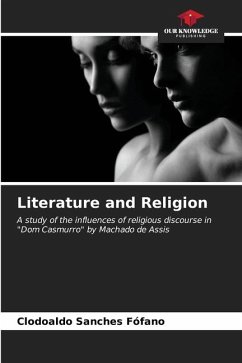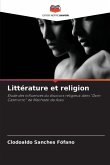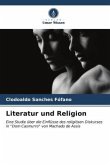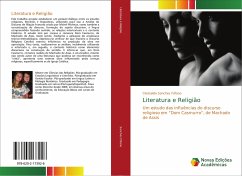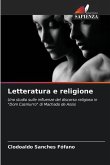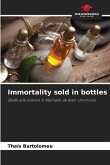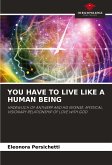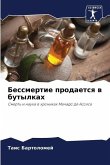This work aims to establish a possible dialogue between religious, literary and linguistic studies, using the French Discourse Analysis created by Michel Pêcheux, as well as the conceptualisation of discourse, the formation of the discursive subject, language understood as making sense, intertextual relations and the historical context. The corpus of the study is the novel Dom Casmurro by Machado de Assis. Therefore, through the application of the theoretical-methodological framework, the aim was to verify how the Catholic Religious Discourse influenced the production of the work in question. To this end, analyses were carried out, initially using the intertext and then the historical context as discursive elements in the construction of meaning. It was inferred that in Dom Casmurro, Machado de Assis's realistic novel, the enunciator, although not the author of a literature that could be recognised as "Christian", presents an extensive work influenced by religious beliefs, specifically those of the Catholic Church.
Bitte wählen Sie Ihr Anliegen aus.
Rechnungen
Retourenschein anfordern
Bestellstatus
Storno

